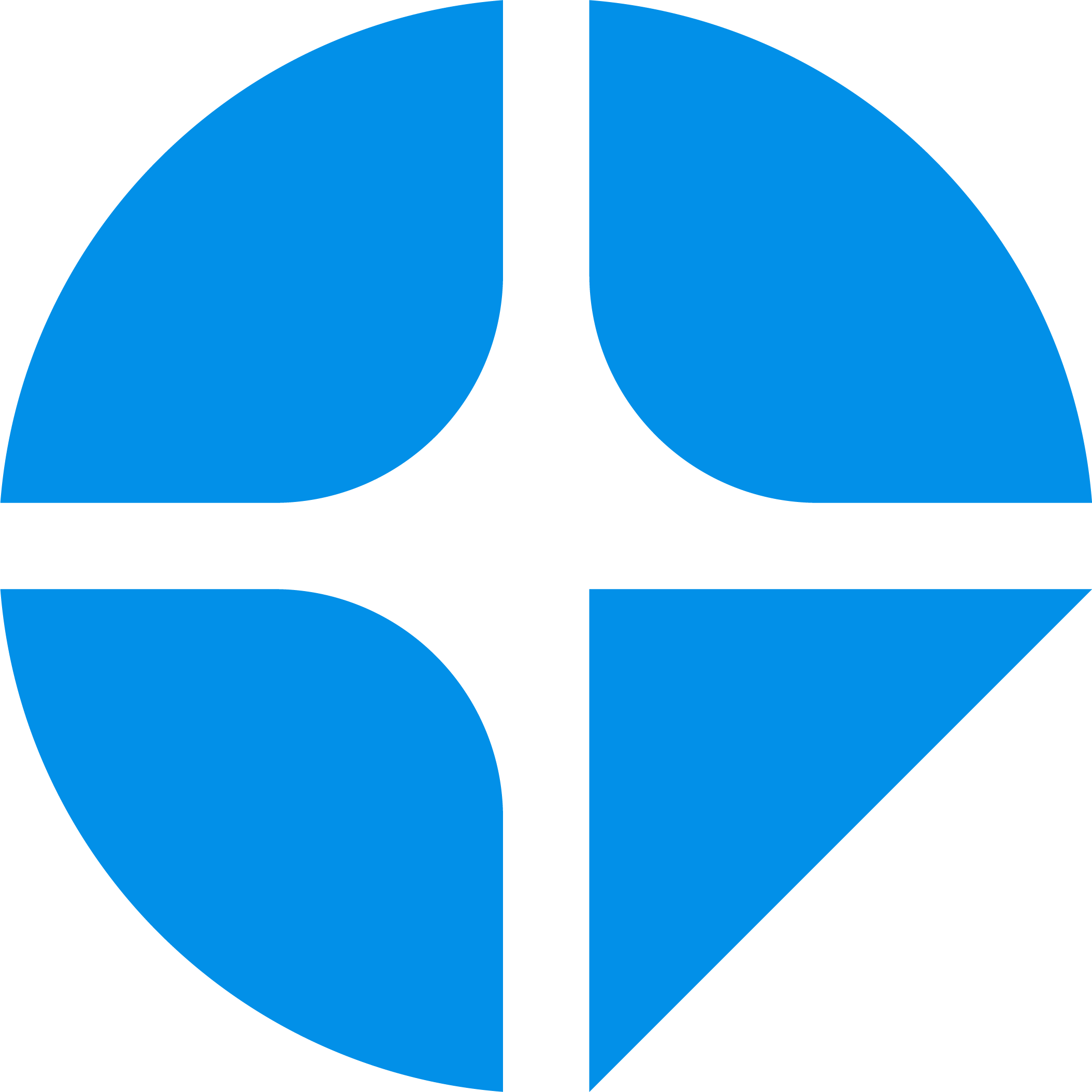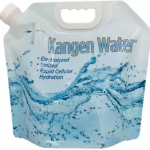Kangen Water, marketed by Japan-based Enagic, promises a dual utopia: transformative health benefits and financial freedom. Its sleek water ionizers, costing thousands, are pitched as gateways to vitality, capable of everything from boosting energy to curing diseases. Paired with a multi-level marketing (MLM) model, Kangen lures distributors with dreams of wealth through sales and recruitment. Yet, beneath this glossy veneer lies a troubling reality unsubstantiated claims, exorbitant prices, and a business structure that thrives on exploitation. Since gaining traction globally, Kangen has faced relentless scrutiny, with critics labeling it a scam that preys on the desperate and uninformed. This 3,000-word exposé, drawing on reports from sources like lawfuel.com and tyentusa.com, dissects Kangen’s deceptive practices, from its questionable science to its financial toll, revealing why it’s a venture to avoid at all costs.
The Health Claims: A Dangerous Fiction
At Kangen’s core are bold assertions about its alkaline water produced via electrolysis to raise pH levels claiming benefits like improved hydration, detoxification, and even relief from chronic conditions like diabetes or cancer. Distributors, often untrained in medicine, parrot these promises, framing Kangen as a “medical-grade” elixir. Yet, scientific consensus dismantles this narrative. Studies, including those cited by Forbes, show no evidence that alkaline water outperforms regular water beyond basic hydration. The body’s pH is tightly regulated by organs like the kidneys, rendering Kangen’s claims biologically implausible. Regulatory bodies, such as Malaysia’s Health Ministry, have banned similar health assertions, flagging them as misleading.
The danger lies in the consequences. Desperate individuals, swayed by tales of miraculous recoveries, may bypass proven treatments, risking their health. A 2023 Singapore case against Triple Lifestyle Marketing, which made comparable alkaline water claims, saw 469 complaints and a court order to halt false advertising, underscoring the harm of such tactics. Kangen’s persistence in promoting unverified benefits despite FDA and FTC scrutiny reveals a reckless disregard for consumer safety, prioritizing profit over truth. For those seeking wellness, Kangen offers only empty promises, wrapped in pseudoscientific jargon that collapses under scrutiny.

The Price Gouge: Paying for a Pyramid
Kangen’s machines, like the LeveLuk SD501, retail from $3,000 to over $5,000—a staggering sum for a water ionizer. Competitors, like Life Ionizers, offer similar or superior devices for half the cost, raising questions about Kangen’s value. The answer lies in its MLM structure, where up to eight distributors earn commissions per sale, inflating prices to cover payouts. A 2025 report by lifeionizers.com notes that this “pyramid of salespeople” doubles Kangen’s cost compared to direct-sale ionizers, with no added benefit. Consumers pay not for innovation but for Enagic’s bloated compensation model.
This pricing isn’t just unfair it’s exploitative. Distributors, lured by promises of recouping investments through sales, often buy machines upfront, sinking thousands into a venture where less than 1% profit, per industry data. The high cost alienates casual buyers, forcing sellers to target friends and family, straining relationships. Meanwhile, Enagic’s lack of transparency failing to break down costs or justify “premium” labels leaves consumers overpaying for a product indistinguishable from cheaper alternatives. The price tag, far from reflecting quality, mirrors a system designed to enrich a few while burdening many.
The MLM Trap: A Pyramid in Disguise
Kangen’s business model is a textbook MLM, often indistinguishable from a pyramid scheme. Distributors purchase machines at wholesale, sell them at a markup, and earn bonuses by recruiting others to do the same. Success hinges not on product sales but on building a “downline” of recruits, each buying in. A 2025 Tyent USA analysis highlights Enagic’s F-rated Better Business Bureau status, citing complaints about this recruitment focus. Statistically, MLMs like Kangen fail most participants 99% lose money, per FTC studies, as profits concentrate at the top.
New recruits face relentless pressure to enroll others, often spending more on training events or additional machines to climb ranks. A 2024 ABC Australia report detailed a regional woman who paid $6,500 for a Kangen machine, only to learn success meant recruiting, not selling. This cycle traps distributors in debt, chasing an elusive “financial freedom” that benefits only early adopters. Enagic’s rosy pitches work-from-home wealth, flexible hours mask a grim reality: most toil for pennies, their losses fueling the upline’s gains. Kangen’s MLM isn’t empowerment; it’s exploitation, cloaked in entrepreneurial hype.

Outdated Technology: A Stagnant Product
Kangen machines, marketed as cutting-edge, rely on electrolysis technology unchanged since the 1990s. Competitors have since refined ionization, offering better filtration and efficiency at lower costs. A 2024 Naturopress report notes Kangen’s lack of innovation, with machines producing water no different from budget ionizers. Claims of “micro-clustered” or “hexagonal” water terms debunked by chemists as marketing gimmicks further erode credibility. Even Enagic’s filtration lags, with rivals like Life Ionizers boasting superior contaminant removal.
This stagnation exposes Kangen’s priorities. Instead of investing in R&D, Enagic leans on MLM to drive sales, banking on hype over substance. Consumers, expecting a revolutionary device, receive a relic functional but overpriced and outdated. The “medical-grade” label, unsupported by certifications, is a ploy to justify costs, not a marker of superiority. For $5,000, buyers deserve innovation, not a decades-old system propped up by slick salesmanship. Kangen’s tech, like its promises, fails to deliver value, leaving customers shortchanged.
Health Risks: Misleading the Vulnerable
Beyond empty promises, Kangen’s health claims pose real risks. Distributors, untrained in science, pitch the water as a cure-all, targeting those with serious illnesses. A 2016 Mirror UK article quoted experts dismissing Kangen’s “hydroxyl ion” claims, noting stomach acid neutralizes any effect. Yet, stories persist of patients delaying treatment, seduced by tales of remission. On X, users like @DocBastard in 2017 called Kangen “just water,” warning against its false hope. Such misinformation can delay critical care, worsening outcomes for the sick.
Regulatory crackdowns reflect this danger. Bhutan’s 2022 probe into Enagic, reported by The Bhutanese, targeted false medical claims, echoing global concerns. When distributors blur marketing with medical advice, they exploit trust, leaving vulnerable consumers cancer patients, diabetics clinging to a product that can’t deliver. Kangen’s refusal to temper these claims, despite warnings, betrays a callous focus on sales over safety, making its pitch not just deceptive but potentially deadly.

Aggressive Sales: Pressure Over Persuasion
Kangen’s sales tactics are a masterclass in coercion. Distributors, trained to “sell the dream,” target personal networks friends, family, even acquaintances with high-pressure pitches. A 2021 Atlantic piece on the Breakaway Movement, a Kangen-affiliated group, described recruits urged to shun critics and push sales relentlessly. Tactics include emotional appeals promising health or wealth while downplaying risks. New distributors, often in debt from their own machine purchase, face quotas that drive desperation, turning relationships into transactions.
This aggression alienates. Stories abound of strained friendships, with recruits like Kate in the 2024 ABC report regretting their $6,500 investment after pressuring loved ones. Enagic’s training emphasizes recruitment over product education, leaving sellers ill-equipped to answer technical questions, further eroding trust. The hard sell, cloaked in “opportunity” rhetoric, traps buyers in decisions they regret, while distributors burn bridges chasing commissions. Kangen’s culture of pressure, far from empowering, breeds resentment, tarnishing its name further.
Customer Service Woes: Abandoning Buyers
For a premium product, Kangen’s customer service is shockingly deficient. Complaints flood online forums, detailing ignored refund requests, faulty machines, and unanswered queries. A 2025 LawFuel report notes Enagic’s history of evading consumer complaints, with distributors powerless to resolve issues. Buyers spending thousands expect support, yet face delays or silence. One X user in 2018 lamented a $4,000 machine’s failure, with no recourse from Enagic’s labyrinthine system.
Refunds are a particular sore point. Enagic’s policies, opaque and restrictive, thwart returns, leaving buyers stuck with costly devices. This neglect coupled with BBB’s F rating signals a company indifferent to its base. Distributors, often blamed for corporate failures, lose credibility, further isolating them. Kangen’s failure to back its product with service isn’t just poor business; it’s a betrayal of the trust it demands, cementing its reputation as a profit-driven sham.
The Wealth Myth: Promises That Crumble
Enagic’s wealth narrative financial freedom through Kangen sales is a cruel mirage. Recruits are told three machine sales recoup their investment, yet reality diverges sharply. A 2025 lifeionizers.com analysis estimates less than 1% of distributors profit, with most earning pennies or losing money. The MLM’s reliance on recruitment over sales ensures only top-tier members early joiners thrive, while newcomers scramble. Hidden costs, like $500-$1,000 training events, deepen losses, undisclosed during recruitment.
This deception preys on ambition. Recruits, often economically vulnerable, invest life savings, only to face rejection selling overpriced machines. The 2021 Hindu reported a similar MLM bust, highlighting systemic losses. Enagic’s “success stories” spotlight outliers, masking the majority’s struggle. For every upline millionaire, thousands languish, their dreams exploited to fuel a system rigged against them. Kangen’s wealth promise isn’t opportunity it’s entrapment, leaving most with debt and disillusionment.

Legal Shadows: A Trail of Complaints
Kangen’s legal troubles underscore its dubious practices. Consumer lawsuits, like those noted in 2025’s LawFuel report, accuse Enagic of false advertising, citing unproven health claims and hidden MLM risks. Bhutan’s 2022 OCP investigation targeted misleading medical assertions, while Singapore’s 2023 case against a similar firm set a precedent Kangen risks following. The BBB’s F rating reflects ongoing grievances non-delivery, refund denials, and deceptive pitches. Though Enagic avoids major convictions, the pattern is damning.
These disputes reveal a company skating on thin ice. Distributors, often sued alongside Enagic, bear the brunt, unable to navigate legal complexities. Regulatory warnings from Malaysia to the FTC signal growing scrutiny, yet Kangen persists, tweaking claims to skirt bans. This legal dance, dodging accountability while raking in profits, erodes trust. Consumers, burned by unmet promises, fuel a backlash that threatens Enagic’s future, proving Kangen’s model is as unsustainable as it is unethical.
The Human Toll: Broken Dreams and Trust
Kangen’s impact transcends finances it shatters lives. Recruits, like the Australian woman in ABC’s 2024 story, lose savings and relationships, pressured to sell to loved ones. Health-seekers, misled by cure-all claims, delay treatment, risking decline. On X, a 2018 post decried Kangen’s $4,000 “junk,” echoing widespread regret. Families fracture as distributors, desperate for sales, alienate kin. The emotional weight shame, betrayal lingers long after financial losses fade.
This toll is Kangen’s true cost. Unlike traditional scams, MLMs exploit trust, turning hope into a weapon. Distributors, sold a dream, face social ostracism; consumers, seeking wellness, find only expense. Enagic’s indifference ignoring complaints, dodging refunds amplifies the pain, leaving victims to rebuild alone. Kangen’s legacy isn’t health or wealth but a trail of broken promises, a stark reminder of MLM’s human price.
Conclusion: A Scam to Steer Clear Of
Kangen Water’s allure health, wealth, empowerment is a carefully crafted illusion. Its machines, overpriced and outdated, deliver no unique benefits, their “medical-grade” label a baseless ploy. The MLM model, a near-pyramid, enriches few while impoverishing most, fueled by aggressive sales and false promises. Health claims, debunked by science, risk lives by delaying care, while legal woes and poor service deepen distrust. From shattered finances to fractured bonds, Kangen’s toll is profound, a scam that thrives on exploitation. Consumers and dreamers alike should heed the warning: Kangen Water offers nothing but costly regret. Look elsewhere for hydration and opportunity something cheaper, honest, and real.












